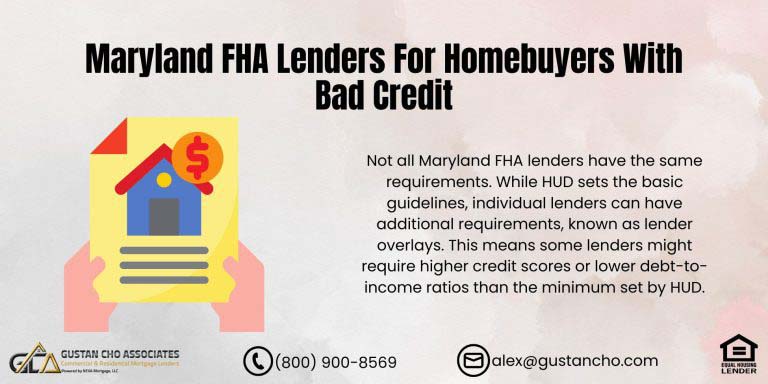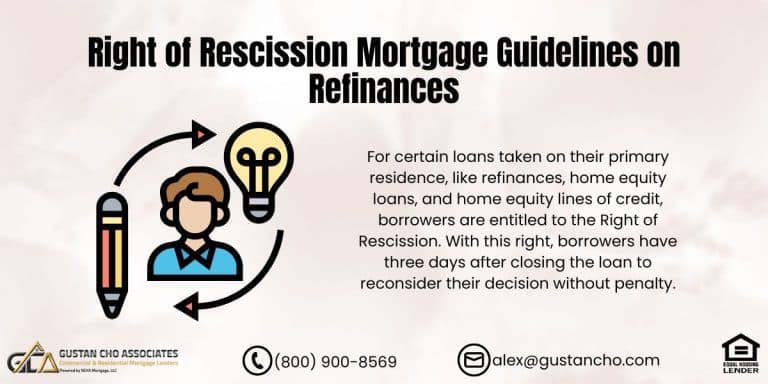This guide covers the FHFA FNMA Guidelines updates on Conventional loans. There are FNMA guidelines changes for mortgage loan borrowers on Conventional loans. Fannie Mae and Freddie Mac are the two mortgage giants in the United States that set mortgage requirements for Conventional loans.
To qualify, conventional mortgage borrowers must meet the minimum Fannie Mae or Freddie Mac mortgage standards. Conventional mortgages are also called Conforming loans. This is because they need to conform to the Fannie Mac or Freddie Mac Lending Standards. FNMA Guidelines changes without notice.
Just because a borrower thinks they qualify for a Conventional loan at one time does not mean they will qualify later. There have been Guidelines Changes recently by the FHFA, the regulatory agency that monitors Fannie Mae and Freddie Mac. We will cover those changes in this blog. There have been changes to Conventional Loan Foreclosure Waiting Period. This article will discuss FNMA Guidelines changes and updated agency guidelines on conventional loans.
Wait Period on HUD Versus FNMA Guidelines on Foreclosure Waiting Period
All mortgage programs have a mandatory waiting period to qualify for a mortgage loan after a borrower has had a prior bankruptcy, foreclosure, deed-in-lieu of foreclosure, and short sale. HUD, the parent of FHA, requires borrowers to wait two years from the discharge date of a Chapter 7 Bankruptcy to qualify for FHA loans.
There is no mandatory waiting period to qualify for an FHA Loan after a Chapter 13 Bankruptcy discharge date. However, if Chapter 13 has not been seasoned for two years after the Chapter 13 discharge date, it must be manually underwritten.
There is a two-year waiting period to qualify for a conventional home loan after the Chapter 13 discharge date. There is a three-year mandatory waiting period to qualify for an FHA loan after the recorded foreclosure date or a deed-in-lieu of foreclosure. After the short sale date, there is a three-year mandatory waiting period to qualify for an FHA loan. FHA requires the same mandatory waiting period of three years after foreclosure, deed-in-lieu of foreclosure, and short sale. Conventional loans are different. Fannie Mae and Freddie Mac have separate waiting periods after foreclosure and deed-in-lieu of foreclosure or short sale.
Foreclosure Guidelines For Conventional Loans With Prior Mortgage Included In Bankruptcy
Another groundbreaking Fannie Mae change is new foreclosure guidelines for conventional loans with prior mortgage part of the bankruptcy. With the new FNMA Guidelines, there is a four-year waiting period after a Chapter 7 Bankruptcy discharge date to qualify for a Conventional Loan if borrowers had a mortgage included in Chapter 7 Bankruptcy.
Per foreclosure guidelines for conventional loans, if the mortgage was included in Chapter 7 Bankruptcy and the foreclosure was recorded at a later date after the discharge of Chapter 7, they can qualify. As long as the deed of the property has been transferred out of name at a later date, the four-year waiting period time clock starts from the date of the Chapter 7 discharge date. This is different on FHA loans.
FHA loans, if the mortgage was included as part of Chapter 7 Bankruptcy, there is a three-year mandatory waiting period from the recorded foreclosure date after the Chapter 7 discharge date. If the deed of the property has not been recorded three-year after the Chapter 7 Bankruptcy discharged date, then the three-year waiting period will start from the recorded date of the foreclosure. This new FNMA Guidelines on the waiting period for having a mortgage included in Chapter 7 Bankruptcy opens up many doors for borrowers. With mortgage included in Chapter 7, borrowers who cannot qualify for an FHA loan can qualify for Conventional loans. Conventional guidelines apply to credit scores, debt-to-income ratios, and other conforming lending requirements.
FNMA Guidelines on Qualifying For Conventional Loans After a Housing Event
There are major changes with the waiting period after the deed-in-lieu of foreclosure and short sale with the new FNMA Guidelines. Before, a borrower could qualify for a Conventional Loan after two years out of a deed-in-lieu of foreclosure or short sale with a 20% down payment. However, this rule is no longer in effect and under the FNMA Guidelines.
There is a four-year waiting period after a deed-in-lieu of foreclosure or short sale to qualify for a Conventional Loan. The good news is that a borrower can qualify with a 5% down payment on a home purchase after a deed-in-lieu of foreclosure or short sale after meeting the 4-year mandatory waiting period.
This is the new rule instead of the old FNMA guidelines after two year waiting period after a deed-in-lieu or short sale where a 20% down payment was required.
FNMA Guidelines on FHFA Increases Conforming Loan Limits
The Federal Housing Finance Agency (FHFA) is the government regulatory agency that regulates Fannie Mae and Freddie Mac. DUE TO RISING HOME PRICES NATIONWIDE, the FHFA has increased conforming loan limits to $726.200. For 2023, the high-balance conforming loan limit in high-cost areas is capped at $1,089,300 on single-family homes.The increase in conforming loan limits by the FHFA was the second increase in seven years in a row. Rising mortgage rates did not dent the increase and demand for home prices. There seems to be a major imbalance of demand versus supply. Homes are selling like hotcakes, and there is not too much inventory. Home Builders have record revenues and growth despite the highest mortgage rates in 10 years.
FNMA Guidelines on Chapter 13 Bankruptcy on Conventional Loans
As stated earlier, borrowers with a Chapter 13 Bankruptcy discharge can qualify for a Conventional Loan two years after a Chapter 13 Bankruptcy discharge date as long as they meet all other Fannie Mae or Freddie Mac mortgage guidelines. If you have previous credit issues and are looking for a Conventional mortgage lender with no overlays, please get in touch with us at Gustan Cho Associates at 800-900-8569 or email me at gcho@gustancho.com. Text us for a faster response. My staff and I are available seven days a week to answer borrowers’ phone calls or email inquiries and answer any questions.











My tax returns show a loss yet I have $500k+ in the bank and a 790 credit score and zero debit. What products including rate and terms do you have for me? I have a successful medical practice that has been growing year after year. I have three medical doctors, ten nurses, and two physician assistants, as well as office personnel working for me and have worked for me for over 10 years. The reason of my huge losses on my tax returns is due to expanding my business. I like to purchase a $3 million dollar home in Palm Beach County, Florida. I have heard Gustan Cho Associates are experts in non-QM Jumbo Mortgages where income tax returns are not required. I have checked out the background of Gustan Cho Associates and have watched countless YouTube videos from Alex Carlucci of Gustan Cho Associates and realize that Gustan Cho Associates is the mortgage lender for me and my family. Looking forward to working with your team. Thank you.
Charles Sullivan, MD, SC, Ltd
Practice Limited To Orthopedic Surgery